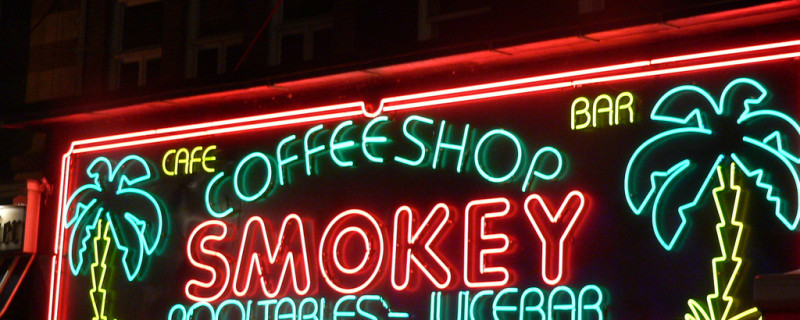For decades, The Netherlands has been known for its tolerant cannabis laws—it’s been the poster nation for pro-pot advocates. Cannabis users from across the world have flocked to Amsterdam to patronize its many cannabis-selling “coffee shops.” Throughout this time, cannabis has remained illegal in The Netherlands, although the Dutch have not prosecuted anyone in possession of less than 5 grams of cannabis for personal use. This distinctive drug policy of tolerance toward cannabis, known as gedoogbeleid, is part of the broader approach to substance use and represents an alternative perspective on substance use disorder treatment.
Netherlands Zags
Now, the United States is the first, and so far the only, nation in the world to have fully legal production, sale, promotion, and use of cannabis for people 21 and older. In stark contrast, the Dutch are moving in the opposite direction, limiting the growth, distribution, and use of cannabis and showing no interest in “medical marijuana.” Cannabis with a THC level of more than 15% is now under consideration to be reclassified as a “hard drug”—a designation that in The Netherlands comes with stiff criminal penalties. Furthermore, the nation that once had more than 1,000 coffee shops, 300 in Amsterdam alone, now has fewer than 200 in the city and 617 nationwide. This is the result of the government’s actions to force coffee shops to choose either to sell alcohol or marijuana. Notably, many are choosing to sell alcohol.
While it has always been illegal to grow cannabis in The Netherlands, for years police acted as if they didn’t know where the shops were getting the drug. This is no longer the case. Now, new laws target even the smallest cannabis growers. In the past, anyone could grow up to five plants without fear of penalty. In 2011, the government issued new police guidelines declaring that anyone who grew cannabis with electric lights, prepared soil, “selected” seeds, or ventilation would be considered a “professional” grower. These police guidelines are a significant change because professional growers risk major criminal penalties, including eviction and blacklisting from the government-provided housing in which more than half of the country’s citizens reside.
What made The Netherlands make such a strong shift in its cannabis policy? The overall drug policy of The Netherlands—not just for cannabis but including cannabis—has four major objectives:
- To prevent recreational drug use and to treat and rehabilitate recreational drug users.
- To reduce harm to users.
- To diminish public nuisance by drug users (the disturbance of public order and safety in the neighborhoods).
- To combat the production and trafficking of recreational drugs.
The Netherlands has determined that its relaxed cannabis laws were a threat to these expressed public health objectives. The nation’s new, more restrictive laws on cannabis, including the banning of cannabis with THC levels of 15% or more, demonstrate that the government wants to reduce cannabis sale and use for reasons of public health.
As the legalization of medical and recreational marijuana spreads to more states in the U.S., we need to look anew to The Netherlands. The U.S. can benefit from what the lessons The Netherlands has learned about cannabis over the past four decades. How surprising is it that the American media frequently praised the Dutch cannabis policy when it seemed permissive but now that Dutch have become more restrictive their new cannabis policy is ignored?


